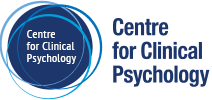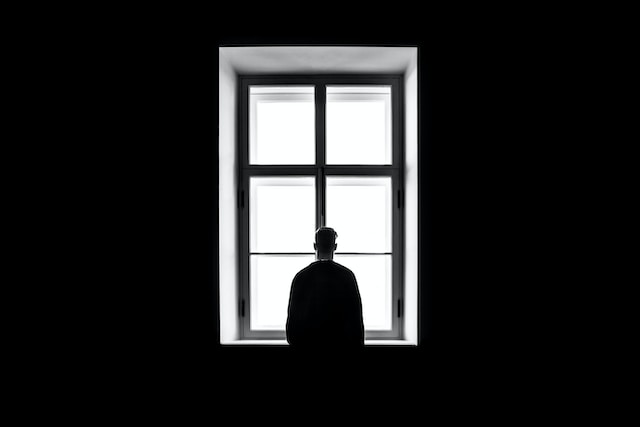Depression and PTSD are two mental health conditions that can have similar symptoms. Sometimes they can both develop as a result of exposure to traumatic experiences, but they can also have different underlying issues. It’s important to understand the differences between the two conditions in order to receive the appropriate treatment. Here, we will explore the differences between depression and PTSD.
Depression and PTSD
Depression is a mood disorder that is characterized by persistent feelings of sadness, hopelessness, and a loss of interest in activities that used to be enjoyable. People with depression often have trouble sleeping, experience changes in appetite, and may have trouble concentrating. They may also experience physical symptoms such as headaches, stomachaches, and fatigue. Depression can be caused by a variety of factors, including genetics, environmental factors, and life events.
PTSD, on the other hand, is a condition that develops after someone experiences or witnesses a traumatic event. Sometimes these events are early on in life, sometimes later in life. Symptoms of PTSD can include intrusive thoughts or memories of the trauma, nightmares, avoidance of triggers, hyperarousal, and negative changes in mood or thoughts. These symptoms can last for months or even years and can severely impact a person’s ability to function in daily life.
The difference
One key difference between depression and PTSD is the cause of the condition. Depression can be caused by a variety of factors, while PTSD is caused by exposure to a traumatic event, even if those events have happened a long time ago. While people with depression may have experienced traumatic events in their past, the symptoms of depression are not necessarily related to that event. PTSD, on the other hand, is directly related to the traumatic event and its aftermath. Sometimes the link is difficult to see or understand. Similarly there is a difference in the frequency and content of nightmares.
Treatments
Another difference between depression and PTSD is the treatment options available. While both conditions can be treated with therapy and medication, the type of therapy and medication may differ. For depression, cognitive-behavioral therapy (CBT) and medication such as antidepressants are commonly used. For PTSD, cognitive processing therapy (CPT) and prolonged exposure therapy (PE) are often recommended. In some cases, medication may also be prescribed to help manage symptoms.
If you are experiencing symptoms of depression or PTSD, it’s important to seek professional help. The Centre for Clinical Psychology offers a range of evidence-based treatments for depression and PTSD. Their team of experienced and compassionate psychologists can help you manage your symptoms and improve your quality of life. To book an appointment, you can call them at 03 9077 0122 or visit their website https://ccp.net.au/booking/.
In conclusion, while depression and PTSD can share some symptoms, they are caused by different underlying issues and require different treatments. If you are struggling with depression or PTSD, seek help from a mental health professional. Contact the Centre for Clinical Psychology in Melbourne today to schedule an appointment and begin your journey towards healing and recovery.
References
American Psychiatric Association. (2013). Trauma and Stressor Related Disorders. In Diagnostic and statistical manual of mental disorders (5th ed.). https://doi.org/10.1176/appi.books.9780890425787.x07_Trauma_and_Stressor_Related_Disorders
American Psychiatric Association. (2013). Depressive Disorders. In Diagnostic and statistical manual of mental disorders (5th ed.) https://doi.org/10.1176/appi.books.9780890425787.x04_Depressive_Disorders






